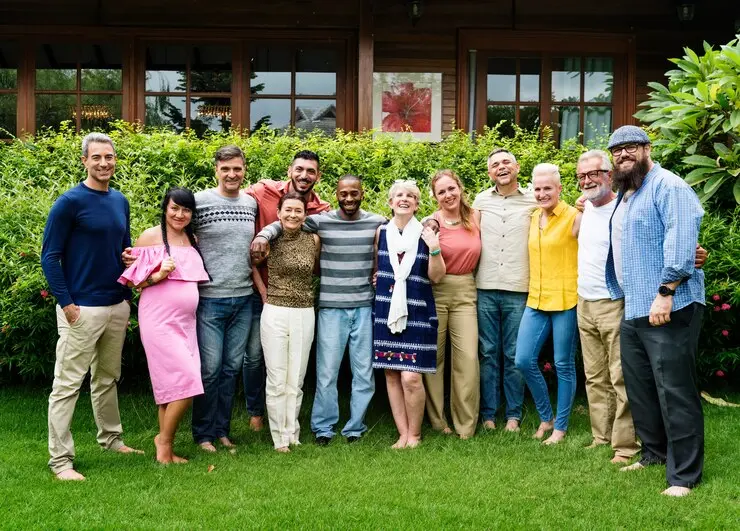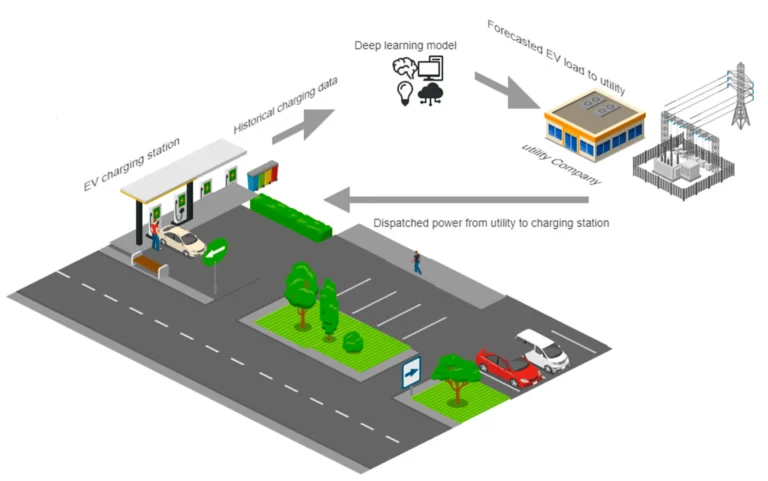The Human Gathering Cult: A Modern Social Phenomenon
In recent years, a unique social movement has gained attention and sparked curiosity among observers and participants alike: the human gathering cult. This phenomenon, while not a traditional cult in the religious sense, has captivated the interest of many seeking connection, personal growth, and a sense of belonging in an increasingly digital world. This article delves into the origins, characteristics, and impact of the human gathering cult, exploring its place in contemporary society and the reasons behind its growing popularity.
What is the Human Gathering Cult?
The human gathering cult is not a single, organized entity, but rather a loose collection of events, practices, and philosophies centered around bringing people together in physical spaces. Unlike traditional cults, which often revolve around a charismatic leader or specific belief system, the human gathering cult is more of a cultural movement emphasizing face-to-face interactions and shared experiences.
Key characteristics of the human gathering cult include:
- Emphasis on in-person connections
- Rejection of excessive digital communication
- Focus on personal growth and self-improvement
- Celebration of shared experiences and collective energy
- Incorporation of various spiritual and wellness practices
The Origins of the Human Gathering Cult
While the exact origins of the human gathering cult are difficult to pinpoint, its roots can be traced to several factors:
- Digital fatigue: As online interactions became increasingly prevalent, many people began to crave more authentic, in-person connections.
- Wellness movement: The growing interest in holistic health and personal development created a fertile ground for gatherings focused on self-improvement.
- Festival culture: Large-scale events like Burning Man and Coachella popularized the idea of transformative group experiences.
- Spiritual seeking: A decline in traditional religious participation led many to seek alternative forms of community and meaning.
- Reaction to social isolation: Concerns about loneliness and social fragmentation in modern society fueled interest in intentional community-building.
Popular Events and Practices Within the Human Gathering Cult
The human gathering cult manifests in various forms, ranging from large-scale events to intimate gatherings. Some notable examples include:
1. Transformational Festivals
Events like Lightning in a Bottle, Envision, and Symbiosis gather thousands of participants for multi-day experiences combining music, art, workshops, and communal living.
2. Ecstatic Dance
These alcohol-free dance events emphasize free-form movement, self-expression, and connection without the use of words.
3. Authentic Relating Games
Structured activities designed to foster deeper connections and vulnerability among participants through guided exercises and conversations.
4. Cuddle Parties
Non-sexual events where attendees practice consensual touch and explore physical boundaries in a safe environment.
5. Silent Retreats
Extended periods of silence and meditation, often in natural settings, aimed at fostering inner peace and self-reflection.
The Appeal of the Human Gathering Cult
The growing popularity of the human gathering cult can be attributed to several factors that resonate with many individuals in modern society:
- Combating loneliness: In an era of increased social isolation, these gatherings provide opportunities for meaningful connections.
- Seeking authenticity: Participants often describe feeling more “real” and present during these events compared to their daily lives.
- Personal growth: Many gatherings incorporate workshops and activities aimed at self-improvement and skill-building.
- Escape from technology: These events often encourage disconnecting from devices, offering a respite from digital overload.
- Sense of community: Regular participation can foster a feeling of belonging to a like-minded tribe.
- Novelty and excitement: The unique nature of these gatherings provides a break from routine and opportunities for new experiences.
Criticisms and Controversies Surrounding the Human Gathering Cult
Despite its popularity, the human gathering cult has faced various criticisms and controversies:
1. Cult-like Dynamics
Some observers argue that certain events within the human gathering cult exhibit cult-like characteristics, such as:
- Charismatic leaders with outsized influence
- Pressure to conform to group norms
- Financial exploitation of participants
- Encouragement of dependency on the group for emotional fulfillment
2. Lack of Diversity
Critics point out that many human gathering cult events cater primarily to affluent, white participants, raising questions about inclusivity and accessibility.
3. Commodification of Connection
Some argue that the commercialization of these gatherings contradicts their purported values of authenticity and community.
4. Temporary Nature of Connections
Skeptics question the lasting impact of these events, suggesting that the intense connections formed may not translate to meaningful relationships in everyday life.
5. Safety Concerns
Certain practices within the human gathering cult, such as intimate touch workshops or plant medicine ceremonies, have raised concerns about physical and emotional safety.
The Impact of the Human Gathering Cult on Participants
For many individuals, involvement in the human gathering cult has had profound effects on their lives and perspectives:
Positive Impacts:
- Increased self-awareness and personal growth
- Formation of lasting friendships and support networks
- Enhanced communication and interpersonal skills
- Greater sense of purpose and connection to others
- Improved mental health and well-being
Potential Negative Impacts:
- Financial strain from frequent event attendance
- Difficulty integrating experiences into everyday life
- Strained relationships with those outside the community
- Disillusionment or burnout from intense experiences
- Dependency on group validation for self-worth
The Future of the Human Gathering Cult
As the human gathering cult continues to evolve, several trends and possibilities emerge:
- Integration with technology: While many gatherings emphasize disconnecting from devices, some are exploring ways to use technology to enhance in-person experiences.
- Increased accessibility: Efforts to make events more inclusive and affordable may broaden participation.
- Mainstream adoption: Elements of the human gathering cult may increasingly influence corporate retreats, educational settings, and community events.
- Specialization: New gatherings may emerge catering to specific interests, demographics, or goals.
- Scientific Study: As interest in the human gathering cult grows, researchers may conduct more rigorous studies on the effects of participation on mental health and social connectedness. Understanding the long-term impacts and potential benefits of these gatherings could provide valuable insights and validate their significance.
Practical Tips for Participants
- For those interested in joining the human gathering cult or exploring similar events, here are some practical tips:
- Research Events Carefully: Investigate the values, leaders, and community norms of any gathering you plan to attend. Ensuring alignment with your personal values and goals can enhance your experience and safety.
- Prepare for Integration: Consider how to integrate insights and connections from gatherings into your everyday life. Balancing the transformative aspects of these events with daily routines can help sustain personal growth.
- Budget Wisely: Be mindful of the financial implications of frequent participation. Set a budget and prioritize events that offer the most value for your personal and professional development.
- Evaluate Safety: Assess the safety measures and guidelines for activities, especially those involving physical touch or alternative practices. Ensure that any event you attend prioritizes participant well-being and consent.
- Foster Inclusivity: Seek out events that emphasize diversity and inclusivity. Engaging with a variety of perspectives and backgrounds enriches the overall experience and promotes a more holistic sense of community.
Conclusion
The human gathering cult offers a meaningful response to digital life’s challenges by emphasizing in-person interactions, personal growth, and shared experiences. Despite facing criticisms, it reflects a strong desire for genuine connections and personal development. As the movement evolves, its influence on culture and self-improvement is expected to grow, with ongoing relevance through greater accessibility, tech integration, and specialized events.







